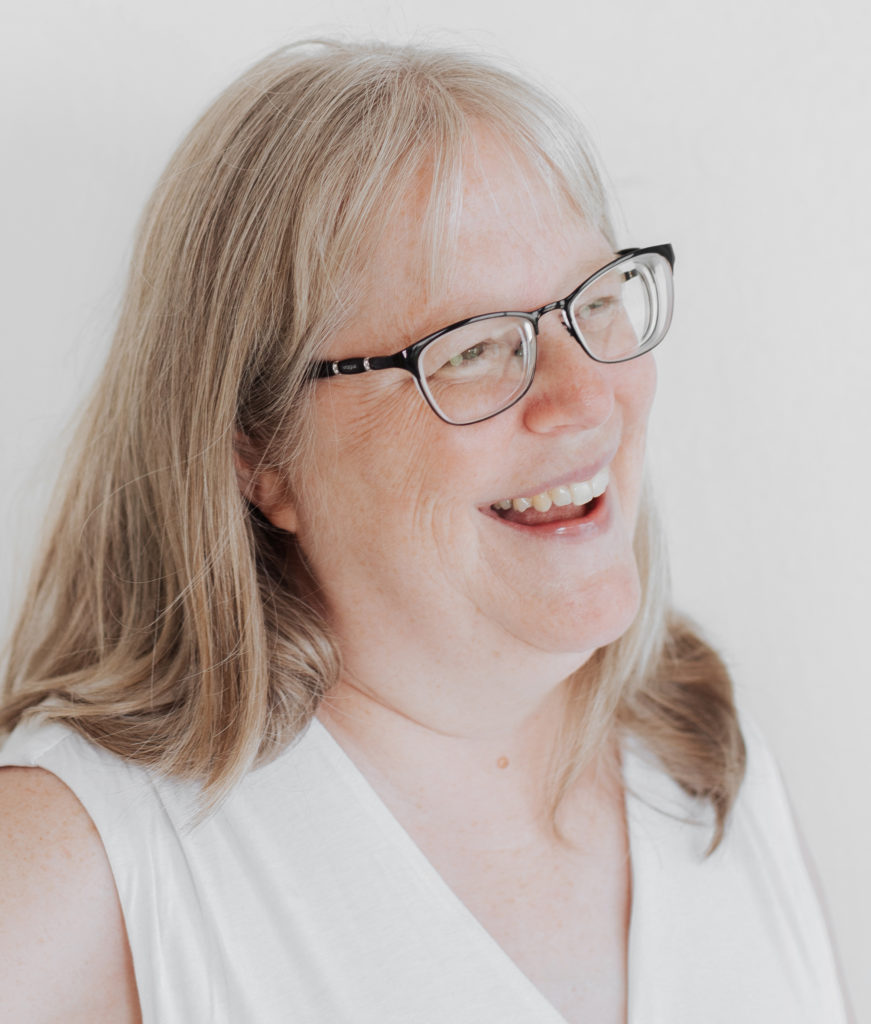Mental Health in Congregations: A continuing ed course from Amberley Collaborative
By Meg Wallace
The first appearance of a mental illness can be terrifying, whether you are the one experiencing it or someone you care about is falling ill. Your mind is muddled, a crisis is gathering steam, and you know you need help — but where to begin? Who will help you find your way?
Chronic depression or anxiety can be isolating. You drop out of your usual activities because it hurts too much to start your day, or you fear you’ll have a panic attack in public. So you stop getting together with friends, and you miss one more Sunday at church. You retreat gradually, and no one notices you’re gone. You’re alone.
Amberley Collaborative has created a continuing education course called Mental Health in Congregations, offered through McLennan Community College Continuing Education beginning Tuesday, Jan 19.
Of course, professional help can make an enormous difference in your life. Medication can reduce your symptoms, and a therapist can help you sort things out. But living with a mental illness can be a day-to-day struggle, or bouts of worsening symptoms may disrupt a period of recovery. It can be a hard road, so hard to walk alone.
In many communities of faith, people commit to walking together. But walking with someone struggling with chronic depression or anxiety can challenge our empathy. We want our friend to snap out of their distress, and when they don’t, we’re unsure how to share time with them. A youth attempts suicide, or a member has a manic episode. They are receiving professional help, and we know we shouldn’t leave them to walk alone between therapy appointments. But the situation feels scary and confusing. What do we do?
Decades of research indicates that people in distress often turn to faith communities for support. When the congregation’s response is healthy, it can be a key aspect of recovery for people living with mental illness. But when the response is negative or unhelpful, congregations can do harm. Continuing education can help faith communities respond helpfully — accompanying people living with mental illness and supporting their recovery.
Amberley Collaborative is a new Waco nonprofit that aims to strengthen community support for people with disabilities and other challenges. In our Mental Health in Congregations initiative, we started by talking to leaders at 23 Waco-area congregations to learn how they’re walking alongside people who are struggling and how they’re helping them access professional services. We also wanted to know how these leaders take care of themselves while they care for others, and we asked what kind of support Amberley Collaborative could provide.
The leaders told us they want help figuring out how to organize care in their congregations so needs come to light and people are supported. They need to know more about mental health services and how to access them. They want to learn about various types of mental health challenges and what kinds of responses are helpful, and they want training on what to do in a crisis. They talked about needing to care well for themselves as they care for others. They want to increase the caring capacity of their faith communities by equipping Sunday school teachers and small group leaders to foster wellness in the groups they lead.
With guidance from these faith leaders, Amberley Collaborative has created a continuing education course called Mental Health in Congregations, offered through McLennan Community College Continuing Education beginning Tuesday, Jan 19. The presenters are mental health professionals, pastors, and people with lived experience of mental illness, and each of the six 90-minute sessions is interactive, with plenty of time for dialogue. Our goal is not just to deliver information, but to create a community of care that will last long after the course is over, and to connect participants with mental health professionals who will continue to support their good work in the future.
Please join us. You can learn more about the class on the Amberley Collaborative website. To register go to the MCC website.

Meg Wallace, MA, LMSW, is a 2018 graduate of Baylor’s Garland School of Social Work. She founded the nonprofit Amberley Collaborative to cultivate the kind of community care her own family has needed while grappling with disability. She continues to work as a freelance editor and book indexer while developing the nonprofit.
The Act Locally Waco blog publishes posts with a connection to these aspirations for Waco. If you are interested in writing for the Act Locally Waco Blog, please email Ferrell Foster at [email protected].
